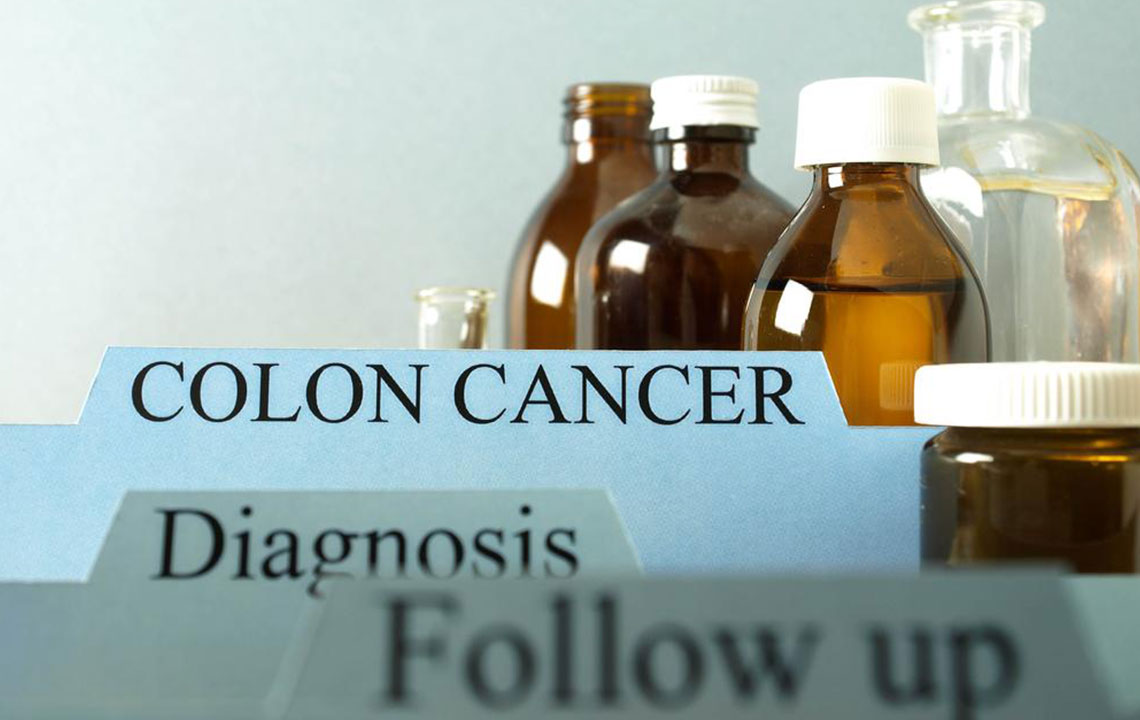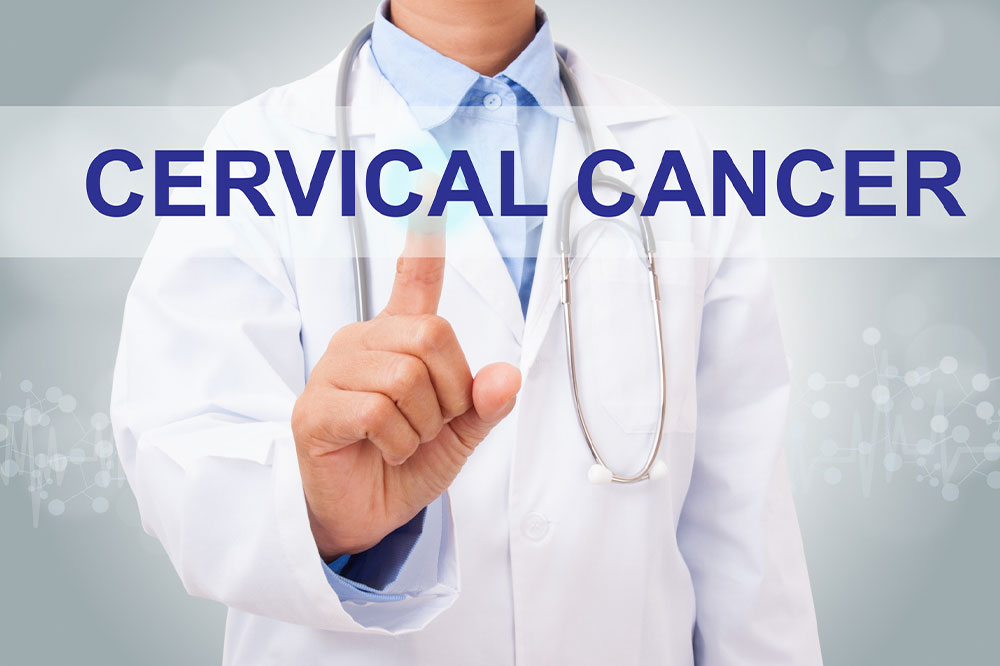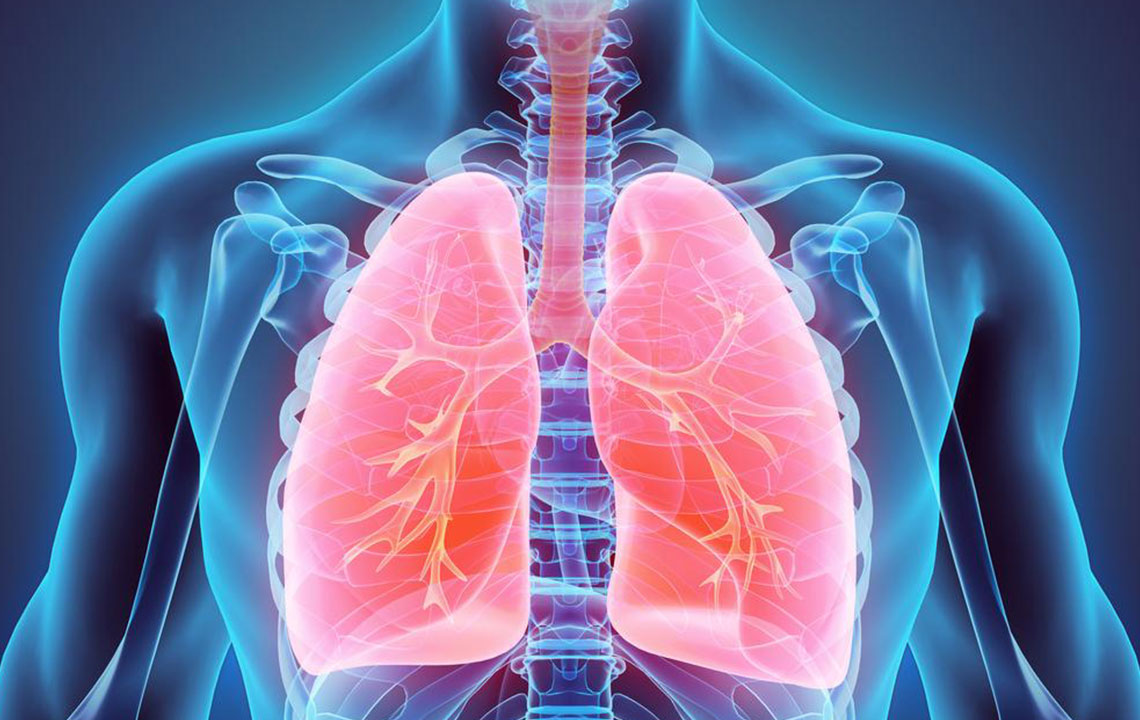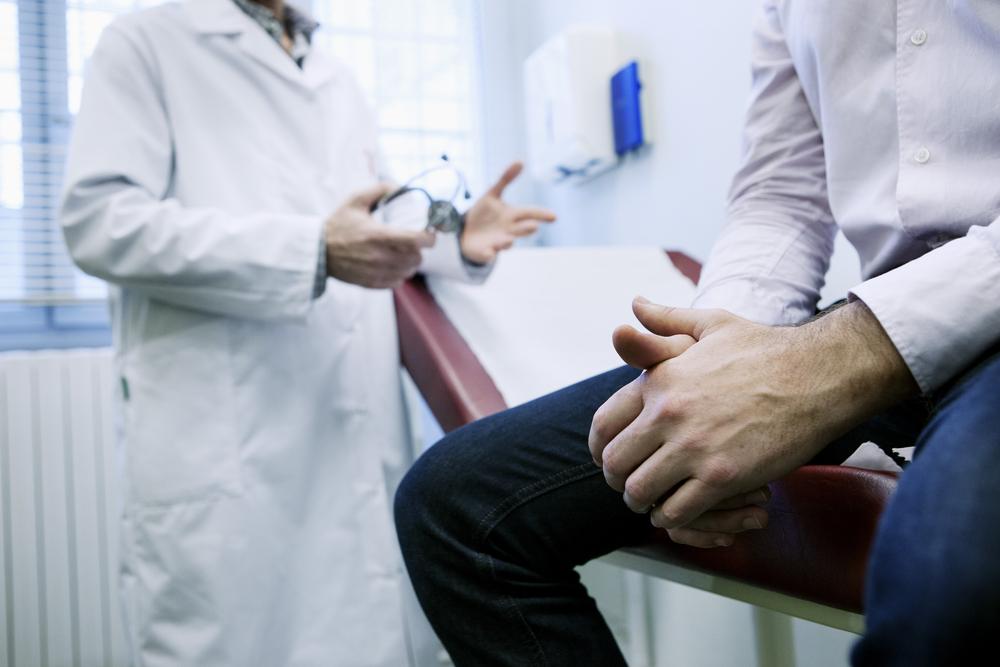Comprehensive Guide to Colon Cancer: Prevention Strategies and Advanced Treatments
This comprehensive guide explores colon cancer's causes, symptoms, and prevention, emphasizing the importance of early detection and advanced treatment options. It highlights key risk factors, screening recommendations, and top medical centers offering innovative therapies to improve patient outcomes. Maintaining a healthy lifestyle and timely medical intervention are crucial in reducing the impact of colon cancer, making awareness and proactive health measures essential for all adults.

Comprehensive Guide to Colon Cancer: Prevention Strategies and Advanced Treatments
Colon cancer, also known as colorectal cancer, develops from abnormal cellular growth in the large intestine or colon, which can significantly affect digestion, overall well-being, and life expectancy. It has become one of the leading health challenges worldwide, especially in developed countries where lifestyle factors contribute to its high prevalence. Recognizing the importance of early detection and proactive prevention is crucial for reducing the impact of this disease. This comprehensive guide aims to shed light on the essential aspects of colon cancer, including risk factors, early warning signs, screening procedures, prevention tips, and the latest treatment options available at specialized centers.
**Increased Awareness and Early Detection:**
Understanding the importance of early diagnosis cannot be overstated. Regular screenings for colon cancer are proven to be highly effective in catching the disease in its initial stages, often before symptoms even manifest. Early detection significantly improves prognosis and broadens treatment options, increasing the chances of successful recovery.
Recognizing the Signs and Symptoms of Colon Cancer
Detecting symptoms early is vital, though they can often be mistaken for less serious ailments. Typical warning signs include:
Persistent fatigue that doesn't improve with rest
Alterations in bowel habits, such as prolonged constipation or diarrhea
Blood in stool or rectal bleeding
Unexplained weight loss
Abdominal discomfort or cramping
Feeling of incomplete bowel evacuation
If you experience any of these symptoms, it is essential to seek medical evaluation promptly.
Preventative measures primarily involve routine screenings to identify polyps or early signs of malignancy. For adults over 50, screening generally starts at that age, but individuals with risk factors might need to begin earlier, around age 45 or sooner. Current statistics show that approximately 25.3% of Americans aged 75-84 are diagnosed with colon cancer. Prevention tips that can help lower risk include:
Consuming a high-fiber diet rich in fruits, vegetables, and whole grains
Reducing intake of processed foods and red meats
Avoiding smoking and limiting alcohol consumption
Engaging in regular physical activity to maintain a healthy weight
Managing conditions like obesity, diabetes, and inflammatory bowel disease
Advanced Treatment Centers for Colon Cancer
When diagnosed, patients benefit from specialized treatment facilities that employ state-of-the-art technology and multidisciplinary approaches. Leading centers across the country include:
**Cancer Treatment Centers of America**: Offering targeted therapy, chemotherapy, radiotherapy, surgical interventions, and immunotherapy, these centers focus on personalized treatment plans tailored to individual patient needs.
**Abington Hospital-Jefferson Health**: Known for its precision medicine approach, utilizing therapies like IMRT (Intensity-Modulated Radiation Therapy), IGRT (Image-Guided Radiotherapy), and minimally invasive laparoscopic surgeries.
**Tucker Gosnell Center for Gastrointestinal Cancers**: Equipped with cutting-edge diagnostic and treatment tools such as PET/CT scans, MRI, ultrasound, and 3D CT imaging, this center emphasizes early detection and targeted therapies.
**Albany Medical Center**: Providing comprehensive colorectal surgical services and multidisciplinary collaboration to ensure optimal patient outcomes.
Support Services and Patient Care
Beyond medical treatment, patients with colon cancer require holistic support addressing emotional, physical, and financial challenges. Many treatment centers offer counseling, nutritional guidance, palliative care, and financial assistance programs. Since colon cancer remains a significant health threat globally, adopting preventive strategies, maintaining vigilance for early symptoms, and seeking treatment at specialized facilities are essential steps to improve survival rates and quality of life.
In conclusion, increasing awareness, early detection through regular screenings, and accessing advanced treatment options are key to combating colon cancer effectively. Educating oneself about risk factors and adhering to preventive lifestyle choices can lead to significant reductions in the disease’s incidence and mortality. Remember, proactive health management and timely medical consultation can save lives and enhance long-term health outcomes.





